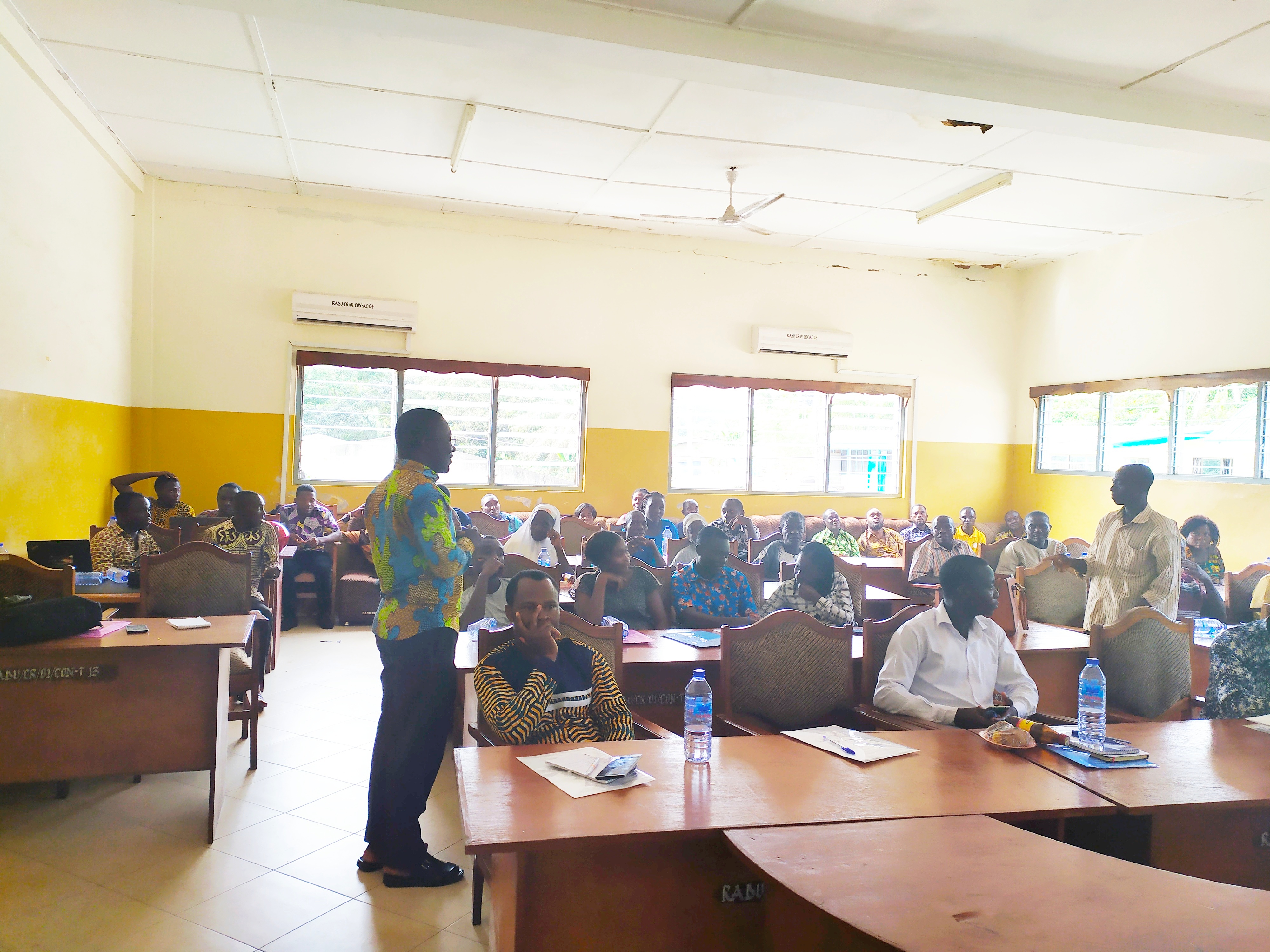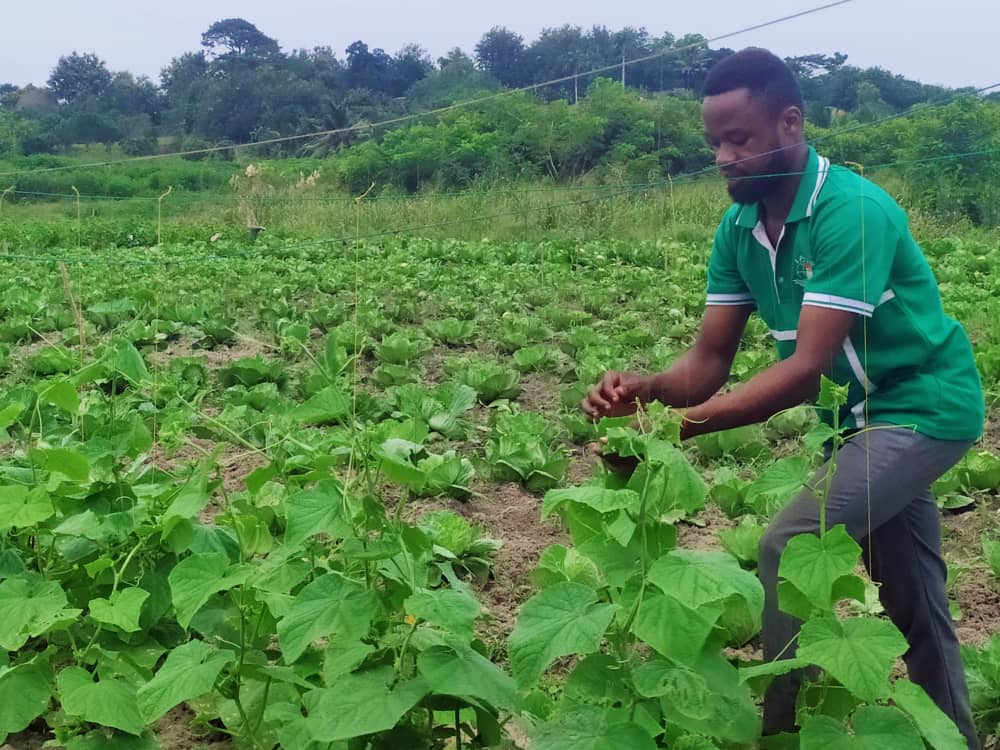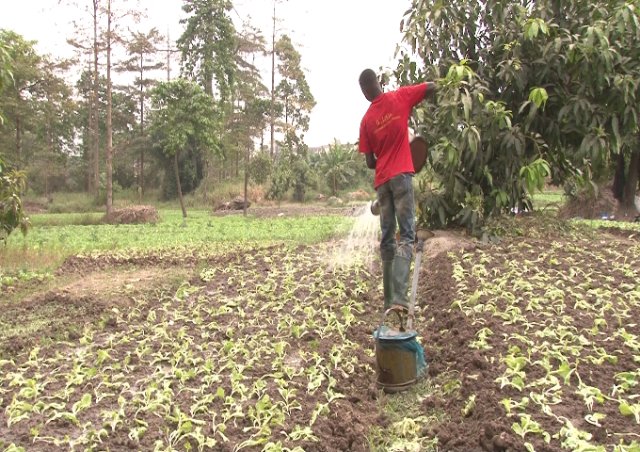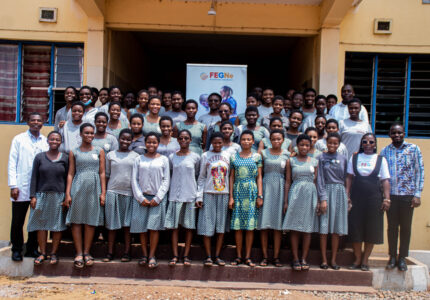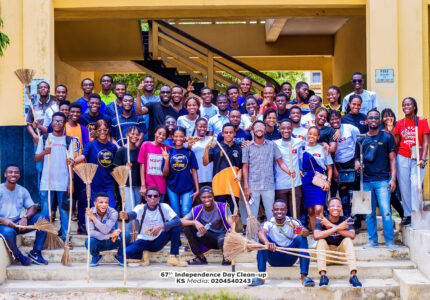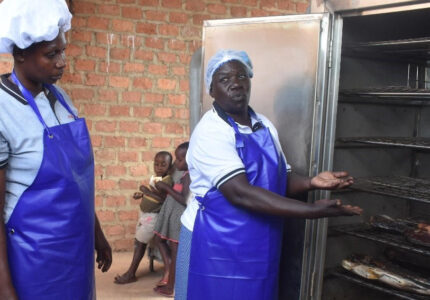Effective communication fosters good decision-making and development. Dialogue has had a key role to play in various fields of endeavors – politics, governance, business and science. Agriculture relies on communication and dialogue to yield development in the sector. Farmers communicate challenges and successes to policymakers and relevant stakeholders, hoping for the right, or better interventions to make their (farmers) work meaningful.
A recent Research Extension Farmer Linkage Committee meeting held at the Regional Agriculture Department Unit in Cape Coast, saw farmers, processors, food dealers, extension officers, researchers, cooperative officers, policy-makers and other players in agriculture coming together to deliberate on and share ideas on problems they face in their line of work. Problems associated with the cultivation of some selected crops (cassava, sweet potato and maize) and the rearing of small ruminants had an intensive review and work plan to salvage the situation.
According to farmers present, this approach is one they hope to have more of. They agreed regular interaction and communication among themselves and other stakeholders will go a long way to educate and inform them on best practices and also equip them to counter most of the challenges they face in their line of work.
The Director for the Metro Department of Agriculture, Mr. William Henry Fordjour told Love For Science his impression on how the process aids the department’s work process.
“We do this every year and draw all relevant stakeholders to dialogue on key concerns on agricultural production. What was done in the previous year is reviewed and those challenges that still persist are cataloged in the current year’s plan and addressed. Based on the level at which it’s organized, a consultative plan is drawn covering all prevailing issues” he said.
On attendance, he stated that this year’s has been better than last year’s with an increase in the number of stakeholders by 30, from last year’s 20, making up 50 for this year.
In an Interview with Love For Science, some farmers expressed their delight in the program and requested for more of such engagements to be made. They agreed effective communication and engagement with them makes their work much easier.
“It is important because we do not go to any school for training on things we are supposed to know. Therefore when we meet like this, we are taught new techniques and that’s a big development for us” said Emmanuel, a citrus farmer.
“These interactions help our work as farmers in a great way. When we compare working alone and working with other Agricultural stakeholders, we realise there’s a vast difference. The latter greatly improves our work. Communicating with us here and in our villages and towns helps us in a lot of ways” Sabina a maize farmer noted.
Vida who has a two acre maize farm added “I know much about maize cultivation, but I have learnt much more about other aspects related to animal rearing and vegetable production”.
The Metropolitan Cooperative Director, William Ansah Acheampong, was of the view that this is the best approach to educating all stakeholders especially farmers on good and modern agricultural practices.
“… this exposes farmers to things they previously weren’t knowledgeable in. I believe farmers here will also communicate what they’ve learnt at this forum to others in the hinterland”.
He tasked the extension agents to move out to farmers and further engage and supervise them on the field. He further encouraged farmers to form Farmer Based Organisations (FBOs) to easily access funds, inputs, and information and technology, a challenge that has long bedeviled individual farmers.
By: Dennis Baffour-Awuah

